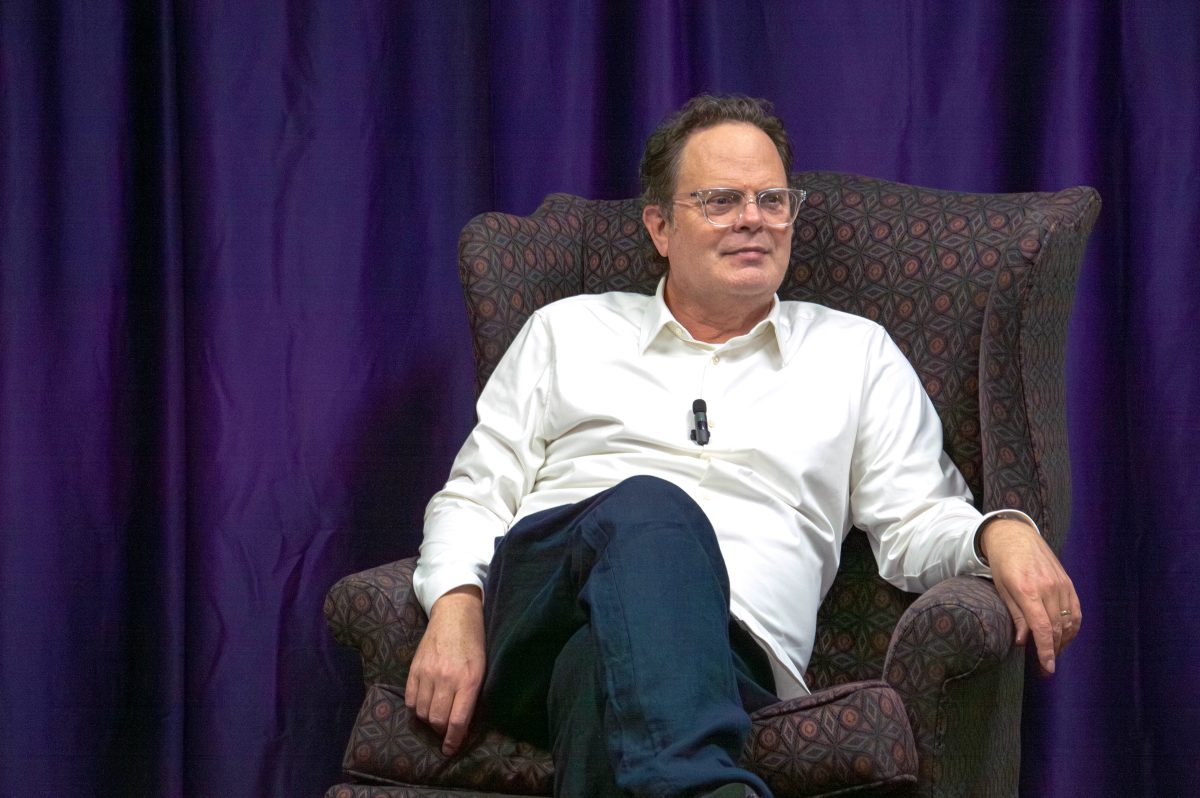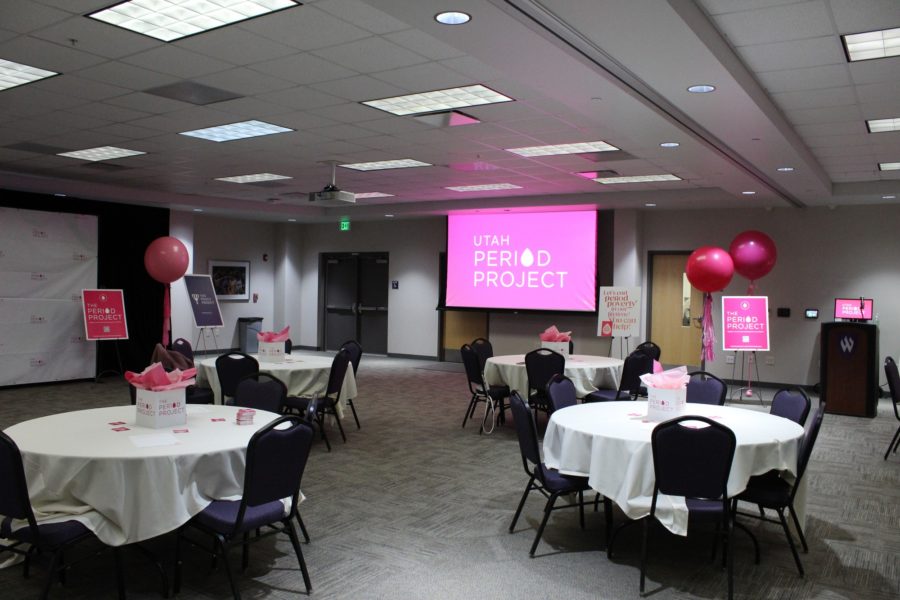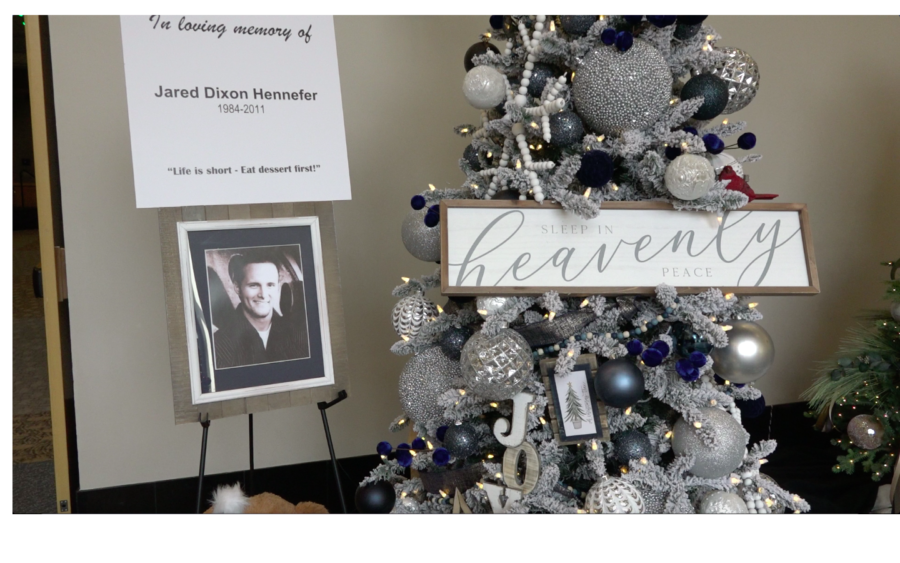
While technological advances and improvements in life quality have reached Africa within the last few decades, daily life on this continent remains a foreign mystery to many Americans.
Bill Robertson, an assistant professor for emergency care and rescue at Weber State University, traveled to Ghana this summer to research and to help improve the way local medical personnel respond to disasters and other accidents.
What he didn’t know at the beginning of his five-week trip was that history would unfold before his eyes.
On June 3, severe flooding hit Accra, the capital of Ghana. As a result of the flooding, a filling station exploded and set a whole neighborhood on fire, killing anywhere between 100 and 200 men, women and children.
“It was not a great time to be there, but a time that definitely showed the shortfalls in the emergency response in developing countries and how it contributes to much death and suffering,” Robertson said.
Robertson and the other members of his group of volunteers from WSU were only a few miles away when the loud explosion awoke much of the city in the middle of the night.

Robertson, who was able to help his Ghanaian colleagues in the rescue efforts, noticed the lack of training in the local respondents. “There were significant delays in treatment for those that were able to be rescued,” he said.
Even after the injured survivors of the explosion were found and received initial treatment, the struggle had just begun for many of them.
“Because of the poor hospital infrastructure in Ghana, many of those that were transported perished due to the limited capabilities at the hospitals,” Robertson said, adding that many of the survivors likely still suffer today from infections resulting from improper treatment after burns.
While Robertson’s trip was dominated by the consequences of the explosion, he believes that, for countries like Ghana, much more than the lives affected by this one event is at stake.
“Improving global healthcare will consist of improving upon a very comprehensive network of shortfalls that is going to require the initiatives of stakeholders throughout the world, both public and private,” Robertson said. “It is a daunting and immeasurable task to say the least.”
Robertson said that his trip and the research he conducted in Ghana showed that denial or failure in accomplishing this task will result in severe consequences for the world population as a whole. He encouraged cooperation between emergency personnel and medical staff from both developed and developing countries.
“My hope is that we can collaborate with countries such as Ghana in order to share the training, resources and expertise that we have adopted in the United States over the last decade to help advance the emergency medical systems in developing areas of the world,” Robertson said, adding that a well-rounded approach to that form of development aid will be necessary.

“It is rather pointless to have a system that can effectively treat and transport a critically ill or injured patient to the hospital, when the hospital itself is not capable of properly caring for the patient,” he said.
With annual humanitarian trips to Ghana, the organization “Charity Beyond Borders,” which also facilitated Robertson’s trip, aims at helping the situation of medical systems in West Africa. WSU students have participated in these projects, including Frank Gilchrist, who traveled with Robertson this year.
While problems remain in this part of the world, Robertson also found that there is much to learn from Africans.
“The people of Western Africa are a beautiful, caring, welcoming and resourceful population, who, despite suffering the many infirmities that we see every day in the media, continue to persevere,” Robertson said. “There is much that we can learn from them about culture, family, community and humanity.”












